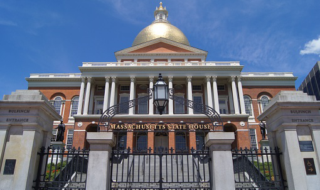June 4, 2024 Last Edit: November 8, 2024
On May 24th, the Massachusetts Senate unanimously passed a $58 billion FY2025 state budget. The House and Senate will now meet in a conference committee to iron out the difference between their two budgets prior to the legislative session adjourning on August 1st.
Senate leaders highlighted certain aspects of their spending bill including “free” community college, investments in K-12 education, universal school meals, and funding for the MBTA and MassDOT. But how did small business fare?
NFIB sent a letter to Senators in opposition to several amendments that would harm small businesses, and in support of others that could prove beneficial.
Section 140 of the budget calls for a study of early education in Massachusetts to help solve the state’s childcare affordability and access issues. However, the language included investigating the feasibility of an employer assessment to help fund the state’s childcare needs. Any assessments on employers should be out of the question as Massachusetts businesses do not need an additional labor mandate.
Ironically, the Senate rejected an amendment that NFIB supported filed by Senator Bruce Tarr to commission a study on business competitiveness. It would look at taxation, labor, and health insurance costs and compare Massachusetts to other states.
The Senate also refused to support amendments calling for a two-week sales tax holiday, a meals tax holiday, a further increase in the estate tax exemption, and a 5% sales tax.
Fortunately, an amendment seeking to make workers compensation insurance more expensive filed by Senator Jamie Eldridge was withdrawn, as well as the proposal filed by Senator Paul Feeney allowing striking workers to collect unemployment.
The House and Senate conferees will now deliberate on a final budget, and NFIB will keep you updated as the process proceeds.
NFIB is a member-driven organization advocating on behalf of small and independent businesses nationwide.
Related Articles














